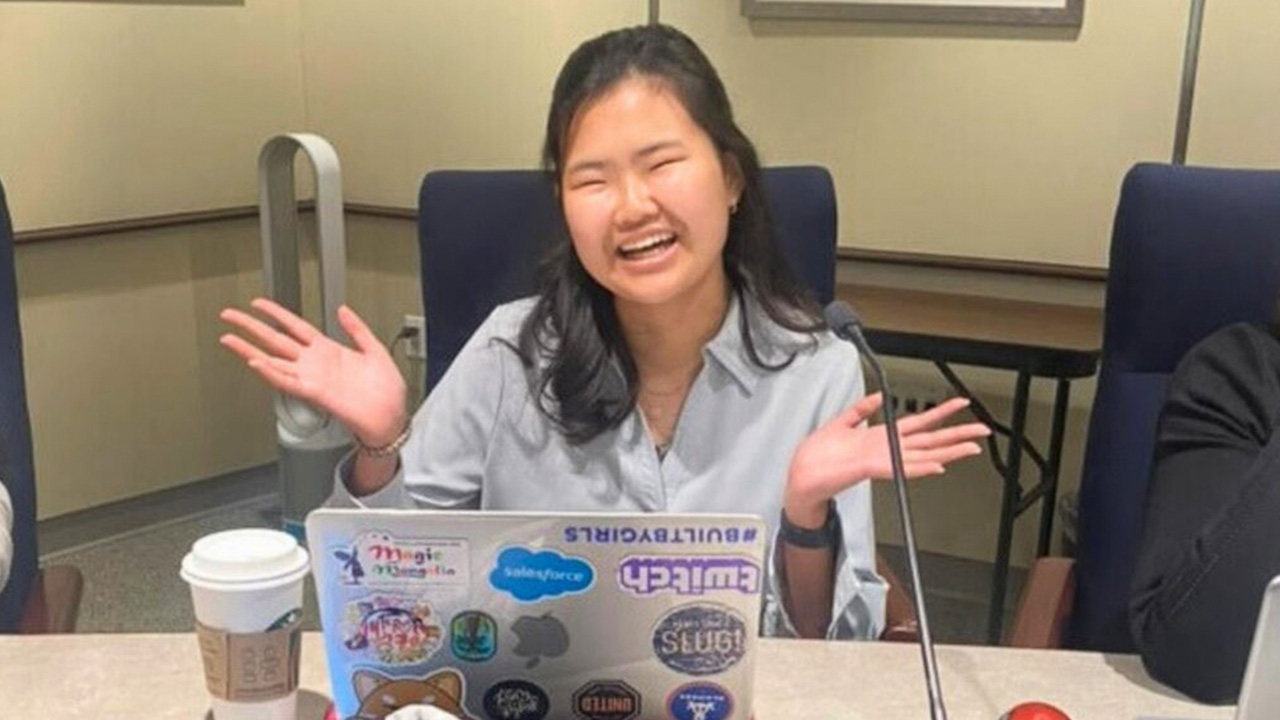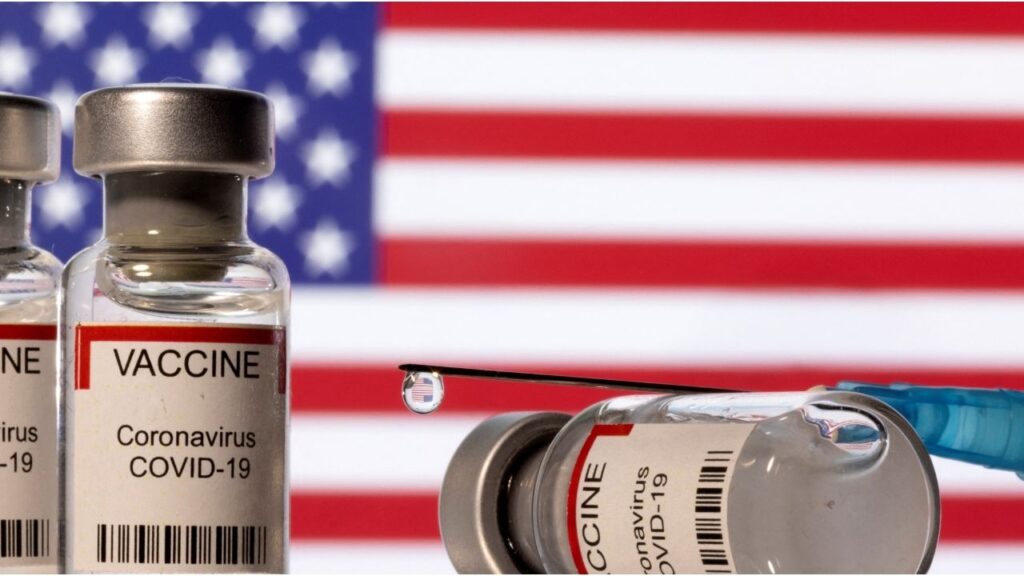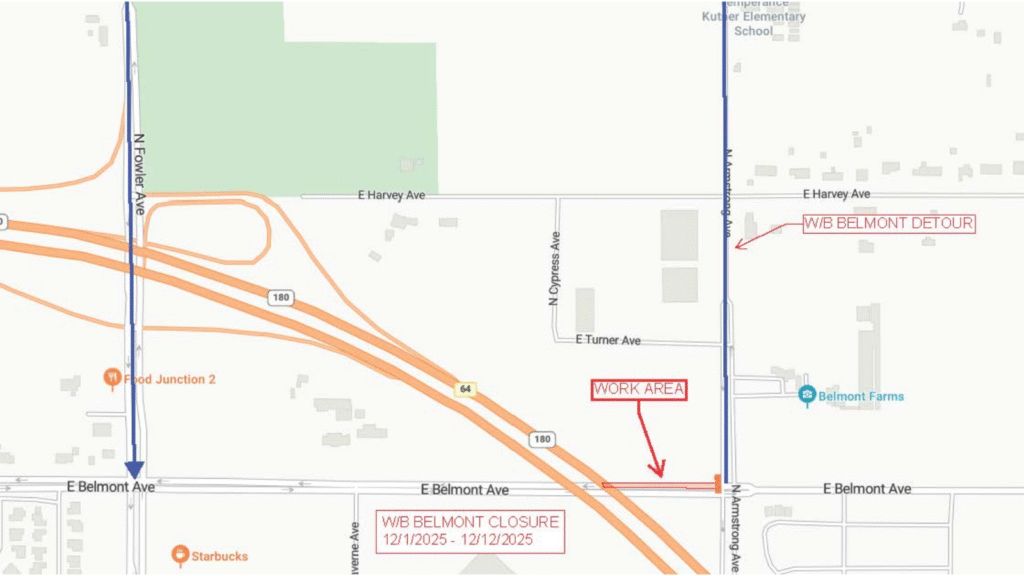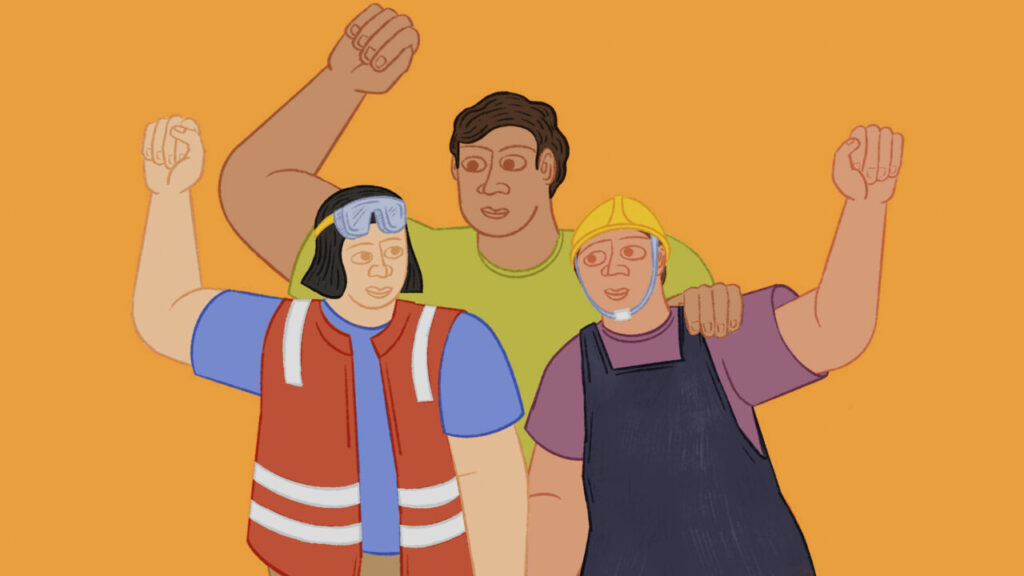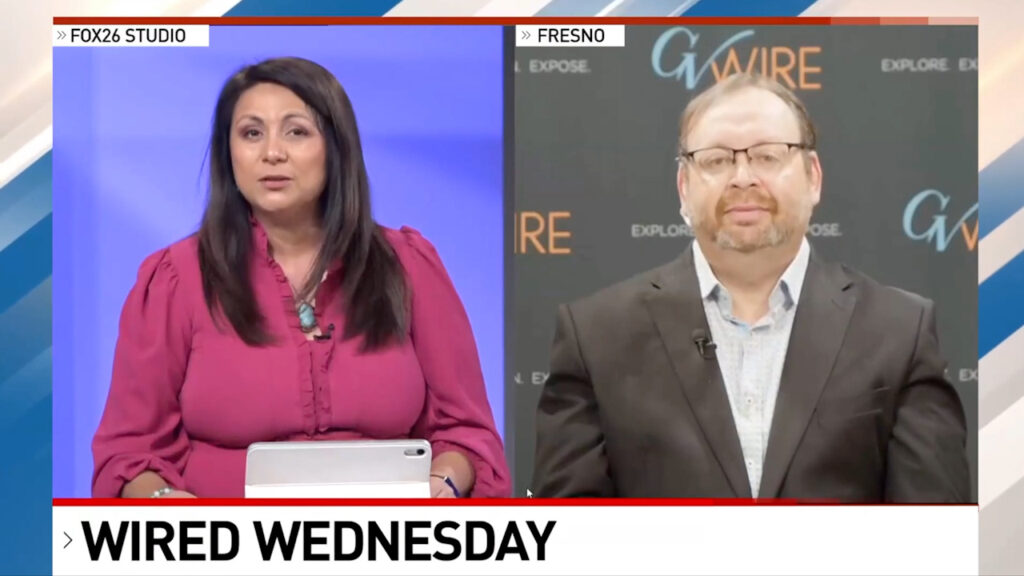Saran Tugsjargal advocates on behalf of special education students for the state Disability Commission. (Kris Murphey)

- Saran Tugsjargal, 18, advocates on behalf of special education students for the state Disability Commission.
- As a child, her school labeled her as "emotionally disturbed." That tag negatively impacted her, she says.
- She is striving to improve IEPs for special ed students as part of her work as a student commissioner.
Share
|
Getting your Trinity Audio player ready...
|
As a child, Saran Tugsjargal’s school gave her a long list of labels that described her disabilities. But there was one that stuck out the most: emotionally disturbed.
“That really affected me growing up,” Tugsjargal said. “It really kind of shut my feelings down and shut me down in a way — the fear of asking for help or the fear of sharing my voice when I was very little.”

Emma Gallegos
EdSource
Tugsjargal, now 18, said even when she was too young to fully understand what it meant, she felt the stigma of being identified as emotionally disturbed. The label, to her, felt like a way to dismiss her needs and treat her like she was a burden to have in class.
“I wasn’t that crazy kid,” she said. “I just wanted to be accepted, and I just wanted to be included like everyone else was.”
“Emotional disturbance” was a designation given to nearly 22,000 TK-12 students in California in 2023-24. That label made these students eligible to receive special education services through their school, in much the same way a student who is deaf or autistic or has a speech impairment might.
That changed in 2024 when Gov. Gavin Newsom signed into law Assembly Bill 217, which allowed the state to instead use the less-stigmatizing phrase “emotional disability.” The bill’s author, Assemblymember Dawn Addis, D-Morro Bay, asked the state Advisory Commission on Special Education (ACSE) for their support of the bill.
This story was originally published by EdSource. Sign up for their daily newsletter.
For the first time in its history, the ACSE had two student representatives who could share their own experiences of receiving special education services while they were still in California schools. One of them was Tugsjargal, who shared her own history of being referred to as having an “emotional disturbance.” The commission came out in support of the bill.
“That’s not typical for them to take positions on bills, but this was one of those bills where it was important to take a stance,” Addis said.
‘My Heart Is Beaming’
It meant a lot to Tugsjargal to be able to stand up for students like her who had long felt stigmatized.
“My heart was beaming,” Tugsjargal said.
Tugsjargal graduated from the Alameda Community Learning Center, a charter school in the East Bay, in May. She has just begun her first semester at Rice University in Texas, where she is studying social policy analysis and political science. She said the advocacy work she did — first for herself, then on behalf of the 850,000 students in California — has turned into what she hopes will be her life mission.
“My heart’s desire is to continue to shape policy in California,” she said.
Tugsjargal said she felt powerless in school when she was younger. She said she cried almost every day. She was also diagnosed with autism spectrum disorder and attention-deficit/hyperactivity disorder, or ADHD. She needed help learning social cues, she said. She had speech therapy, occupational therapy, and physical therapy.
‘I Was That Kid That Always Stood Out’
“I knew they were supposed to help me. I knew that it was supposed to help me get better,” she said. “But when I had them, I didn’t feel normal. I felt like I was different. I was that kid that always stood out.”
For example, she would be left out of playing dodgeball or other activities in P.E. because of her physical disability. When it was time for her to be pulled out of class to receive special education services, she would feel singled out when there was a knock at the door and her name was announced to the class. One year, she missed her class’s Valentine’s Day party while she was receiving special education services.
Tugsjargal wishes her services felt less conspicuous and that she was included more in general education. She said she is pleased to see that California is increasingly moving toward including students with disabilities in general education. She grew to resent being pulled out of general education classes, even as special education became one of the only spaces where she said her peers didn’t pick on her.
“I didn’t feel welcome in my general ed class, but I felt welcome in my special ed classes,” she said.
Her parents, Mongolian immigrants who speak little English, struggled to understand her needs or how to support her, she said.
Determined to Stand Up for Herself
When she got to high school, she realized that she needed to stand up for herself. One of the first ways she did that was to show up to the meetings that determined what kind of specialized instruction she would receive due to her disabilities. This is known as her IEP — Individualized education program.
During this period of self-advocacy, one adult became very important: Her clinical psychologist became like a “second mom,” she said. This psychologist was a pivotal person in her IEP meetings, helping both Tugsjargal and her mother understand what was happening and learn to advocate for her education.
Advocating to improve the templates that are a part of the IEP process has also been a key part of Tugsjargal’s advocacy work as a student commissioner. She worked with the California Collaborative for Educational Excellence on a new template, required by the state Legislature, that will be rolled out in the coming years.
“Youth and families need an IEP template that speaks to them, not a federal document that looks like a corporate document,” she said.
Her goal was to make sure that there was space for a statement from the student and also their parents, as well as teachers and other educators.
“Basically, the focus was making this document very family and youth-centered,” she said.
Aubrie Fulk praised Tugsjargal for her work advocating on behalf of her peers during this process and in her work with the ACSE. Fulk is the director of Student, Family, and District Support for the Tehama County Department of Education and Special Education Local Plan Area (SELPA).
Fulk said that on the ACSE, Tugsjargal would repeatedly point all the adults in the room back to one simple yet powerful question: “Have you asked the students?”
Victoria Graf, vice chair of the ACSE and former director of the Special Education Program at Loyola Marymount University, praised Tugsjargal as well as her fellow student commissioner Rachael Ding.
“Both of them are incredibly knowledgeable, bright independent thinkers and in some ways put us to shame,” Graf said.
While on the advisory commission, Tugsjargal relied heavily on her own experience as a student with disabilities, but she also made a point to consider the experiences of others with disabilities who are in juvenile detention, homeless, or foster youth. She would try to put herself in their shoes, including when she was testifying about the phrase “emotionally disturbed.”
“This didn’t happen to me; it happens to a lot of people in different settings and different backgrounds and different identities,” she said.
‘Energy and Confidence Beyond Her Years’
Kris Murphey edited an article by Tugsjargal, about juvenile justice in Los Angeles, for The EDge, a California Department of Education-sponsored newsletter about special education. Murphey said she wrote an article based on interviews with a juvenile justice advocate and a representative from a school district.
Murphey has also seen her in action, speaking at the capital, speaking at rallies and shaking hands with everyone. She said Tugsjargal never hesitates and always says what needs to be said — even if it makes other people uncomfortable.
“She’s got so much energy and a confidence beyond her years,” Murphey said. “She looks like she’s been doing this for a long time.”
Tugsjargal is now involved in disability advocacy work on the state, national and even international level. When she started doing her advocacy work, she stopped feeling powerless.
“I felt like I was doing something big once in my life,” she said. “It made me feel like I was doing something that I never thought I could be doing. I was standing up for people, standing up for other students with disabilities.”
About the Author
Emma Gallegos covers equity issues in education and is based in California’s Central Valley. Follow her on X, @emmagallegos

